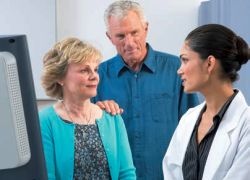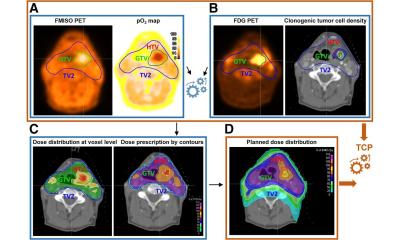A world-class radiotherapy service
An independent report that suggests better ways to use the UK's current radiotherapy resources, as well as predicting the needs of a radiotherapy service in the future, has been released by the National Radiotherapy Advisory Group (NRAG), led by national cancer director Professor Mike Richards, and Dr Michael Williams, vice president of the Royal College of Radiologists.

With unprecedented levels of investment in its cancer services, the National Health Service (NHS) reports it now delivers better cancer treatment to more people than ever before. Facts and figures include:
- an additional £639 million spent on cancer services in the three years up to 2003-04
- 4.3 billion spent on cancer services in 2006 – a 12% increase on 2005
- a rise in the number of therapy radiographers by 31% between 1997-2004 (from 1,407 to 1,839)
- cancer mortality among those under aged 75 years fell almost 16% between 1996-2004 (estimated lives saved: 50,000+).
Whilst the NRAG report acknowledges all these huge improvements, it also surprisingly points out that 15–20 years ago planning experts had predicted that radiotherapy would not take a key role in future cancer care and so demand would fall. As a result, explained Professor Richards, radiotherapy was not prioritised by the NHS for development and expansion, so, ‘…despite positive actions the Government has taken over recent years, there is a significant gap in radiotherapy capacity.’
Although radiographer trainees have doubled, and investment in equipment is considerable, more capacity is needed for staff and equipment, he said. ‘This report is very helpful in setting out how this could be achieved, both in terms of using what we already have more effectively and also in planning better for the future.’
Government Ministers immediately committed £5 million of capital funding to support the novel training facilities suggested in the report. ‘They have also asked that I take the broader recommendations into account as I develop the Cancer Reform Strategy,’ the professor added. ‘This strategy will map the way forward for cancer services in England.’ They also urged the professor to bring the NRAG report to the attention of cancer networks.
The Cancer Reform Strategy will consider these recommendations in more detail, and publication is expected by the end of this year.
* The NRAG report can be accessed at the Department of Health: www.dh.gov.uk
26.06.2007





